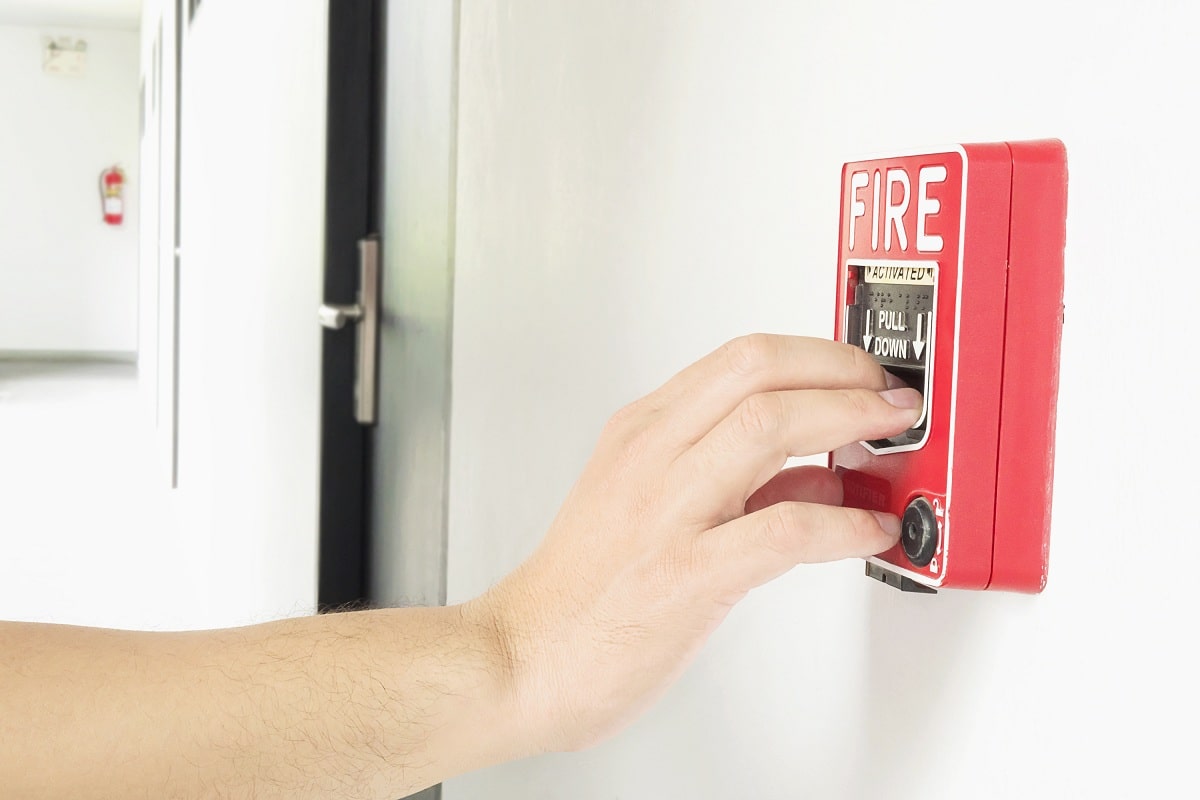The thought of a fire breaking out in one’s home or business is not something that is usually at the forefront of the minds of most people. This is very possibly because they have never suffered a fire themselves and furthermore, they don’t know anyone else who has, either.
Notwithstanding that, the plain fact is that fire and rescue services attended over 145,000 fires in the year ending September 2021. This indicates that we should all be very aware that a fire can break out almost anywhere and at any time.
In fact, if you own or run a business and you employ people, you are required by law to undertake fire safety assessments of your premises and, in addition, if you employ more than five people you must also keep a written record of your fire assessment which your local fire authority can demand to see at any time.
The relevant law is the Regulatory Reform (Fire Safety) Order 2005, and it also applies even if you own or have an empty building. You are responsible for it until new owners or occupiers take it over. This is actually common sense, because you have to consider the safety of surrounding buildings as well as your own. It also makes sense from the point of view of letting or selling it, because you have a far greater chance of doing that if the building is in good order and well-kept, and also has the relevant fire assessment to go with it.
You also have to remember that arson, theft, and criminal damage are much more common in empty buildings than ones which are occupied, and while it is not a nice thought, there is always the chance of rough sleepers breaking in and causing havoc.
You Still Have A Legal Obligation
Whether your building is occupied or empty, as the owner you still have a legal obligation to maintain fire safety systems. So even in an empty building you need to have a fully working fire alarm system. A monitored alarm system means that there will be a quick and professional response if the worst should happen.
If you have a sprinkler system it may not be practical to keep it operational, and if this is the case you need to drain the system and isolate the water supply to prevent damage from leaks. If you keep it in operation, then it must be maintained to legal and British Standards because if not you may invalidate your insurance.

